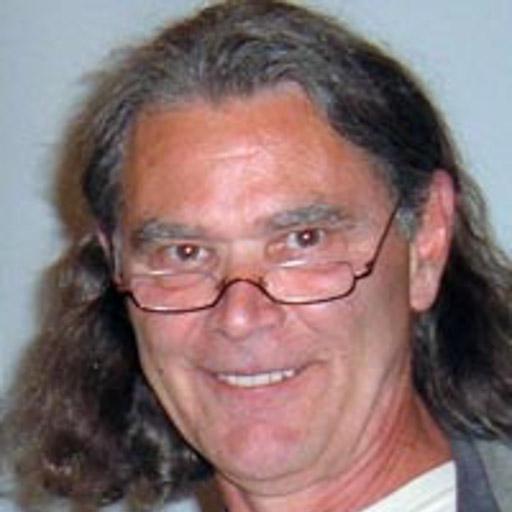
Dr. Jean-Roch Laurence, PhD
- Professor, Psychology
Are you the profile owner?
Sign in to editResearch areas: hypnosis and hypnotizability, memory fallibility, automaticy and attention, detection of deception
Contact information
Email:
Biography
Education
PhD (Concordia University)
Research interests
Three different interrelated areas of research are investigated in the laboratory. The malleability of memory, hypnosis and hypnotizability, and the scientificity of some clinical concepts linked to memory and consciousness. Distortions and creations of memories are particularly relevant to our understanding of day to day memory, experience and self-consciousness. This research has important implications in the legal (eye-witness testimonies, autobiographical memories, expert testimony), and clinical (causal attributions of current symptoms) contexts. We seek to better understand the factors at play when an individual attempts to remember real life events. Individual factors, like suggestibility and hypnotizability, social-psychological factors (beliefs, expectations) and cognitive factors like one’s attentional and perceptual networks are some of the factors that we believe important in understanding the construction of memories. A second area of research investigates the different aspects of hypnotizability and hypnosis. What makes an individual hypnotizable? Why do individuals respond differently to a hypnotic induction? What is the role of volition in hypnotic and non-hypnotic responses? How can hypnotic behaviours and experiences inform us on conscious and non-conscious processes? A final area of interest is the theoretical evaluation of the scientificity of psychological concepts that are commonly used in lay and professional contexts. Examples of these are consciousness and non-consciousness, volition, intuition, repression, dissociation, body memories, etc.
The common thread relating these three areas is the evaluation of the role of non-conscious processes, proximal (attentional processing) and distal (beliefs), in the elicitation of overt behaviours and experiences.


